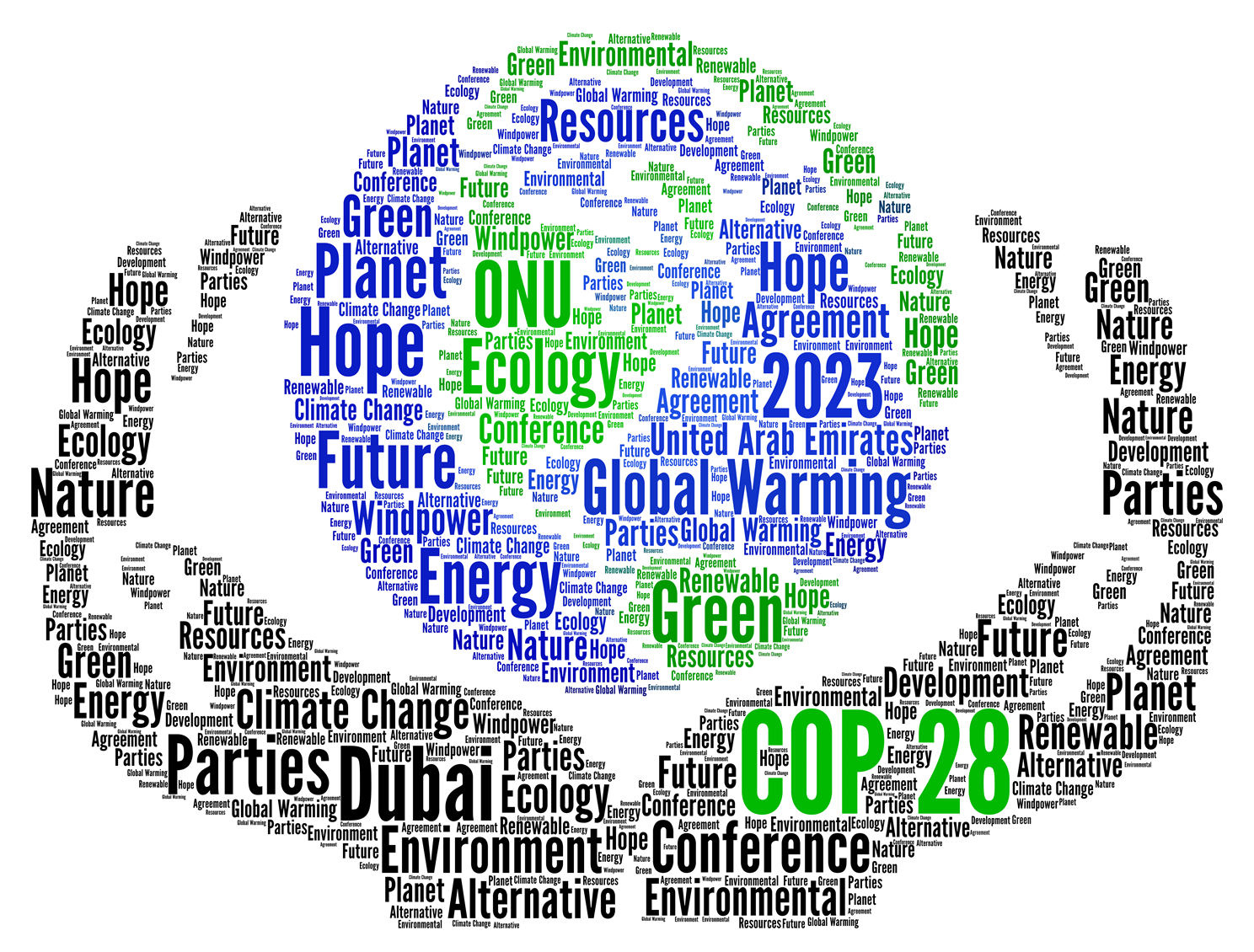Agriculture has long been absent from UN climate summits — a major oversight given agriculture and food systems vast interconnections with the climate
Agriculture, food and land use drive one-third of global greenhouse gas emissions. At the same time, food systems around the world are particularly vulnerable to droughts, flooding, extreme heat, and other escalating impacts of climate change. The issue is particularly critical in many developing countries where food and land use drive emission while over half the population remains food insecure. Smallholder farmers, often on the frontline of climate change impacts, should be positioned as key agents of change.
COP28 in Dubai righted this wrong, with a series of breakthroughs at the nexus between agriculture, food systems and climate. Indeed, this was the COP when food finally took its place as central to the climate effort, with the Declaration on Sustainable Agriculture, Resilient Food Systems and Climate Action taking centre stage.
At COP28, 159 world leaders endorsed the COP28 UAE Declaration on Sustainable Agriculture, Resilient Food Systems and Climate Action. Together their nations represent 68% (530 million) of the world’s farmers, 75% of the global population, 77% of global food production, 81% of the world’s arable land, 83% of global emissions from the food system and 83% of the world’s agricultural GDP.
The Declaration commits these nations to scale up adaptation and resilience for farmers, fishers, and food producers; to promote food security and nutrition through social protection systems, school feeding programs and more; and to support workers in agriculture and food systems to maintain inclusive, decent work. Agri food systems are the climate solution that leave no one behind.
Moreover, the Declaration recognizes the urgency of mobilizing resources from various sectors, including the public, philanthropic, and private sector. The private sector holds a unique capacity to catalyze change by providing targeted funding for innovative projects and initiatives. This declaration commits the signatories to adapting and transforming food systems and including food and land use targets in their national climate plans.
Dr. Sultan Al Jaber, President of COP28 said, “This Presidency is committed to unlocking finance to ensure that the Global South does not have to choose between development and climate action.”
A comprehensive and inclusive financing strategy, encompassing blended instruments, public-private partnerships, and aligned efforts, is crucial for unlocking the necessary investments to drive sustainable change.
This is why the CFC initiated the Agricultural Commodity Transformation ("ACT") Fund, a US$100 million blended finance impact fund that gives private sector institutions the opportunity to invest in agribusinesses that can drive prosperity and address climate change in developing countries.
The ACT will finance agribusiness SMEs, linking smallholders to international markets while promoting regenerative agricultural practices to ensure resilience in the face of climate change.
Our ACT Investment director, Michael Van Den Berg adds,” We must put agriculture at the heart of our climate ambitions, addressing both global emissions and protecting the livelihoods of farmers living on the frontline of climate change.”
As the global leaders emphasized, “The objective is to address simultaneously climate change, biodiversity and livelihood challenges”, COP28 is where urgency meets hope. Where the gap between ambition and action may be closed - with meaningful, practical, and pragmatic solutions.

